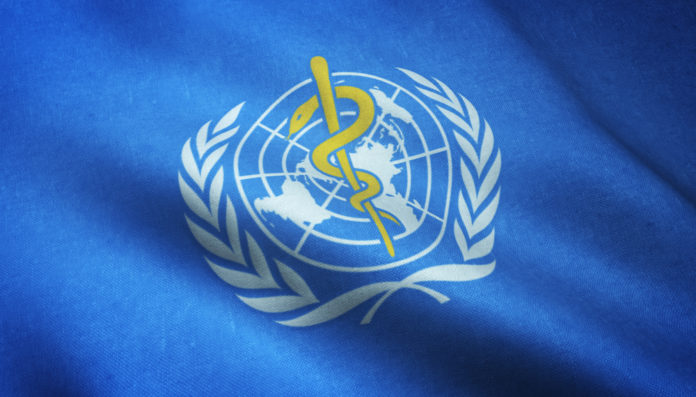WHO has released a report concluding that CBD has no potential for abuse or addiction.
The United States is at odds with world governing bodies on quite a bit these days including trade agreements, the Paris Climate Accord, and now CBD.
While our own Drug Enforcement Agency (DEA) still categorizes CBD and cannabis as a Schedule I narcotic, on the same level of danger as heroin and LSD, the World Health Organization (WHO) feels differently.
In a new report, WHO’s Expert Committee on Drug Dependence, has concluded that CBD poses no threat of abuse or addiction. The report was released last month but is just making news this week as WHO came out and promoted its conclusion.
According to Newsweek, WHO is not yet recommending CBD use but feels that “cannabidiol should not be scheduled for international control on the basis of current evidence, and that a fuller review will be carried out next year, when other cannabinoids are discussed.”
A spokesperson for WHO went further saying CBD “should not be scheduled for international control means that it should not be prohibited, at the international level, to produce and supply it for specific purposes, such as medical treatment and research, given that WHO has not so far seen evidence of potential for abuse or harm from cannabidiol.”
Of course WHO does not set policy for individual countries.
“As to what is legal or illegal, that comes under national law, so it is up to countries to decide,” the WHO spokesperson continued.
A full report on CBD by WHO is expected to be released in May.
Evidence has done little to shift federal policy. But the opioid epidemic, an unstable healthcare market, and popular opinion being on marijuana’s side, can U.S. officials continue to ignore the overwhelming evidence that cannabis and CBD should not be considered a Schedule I substance?












